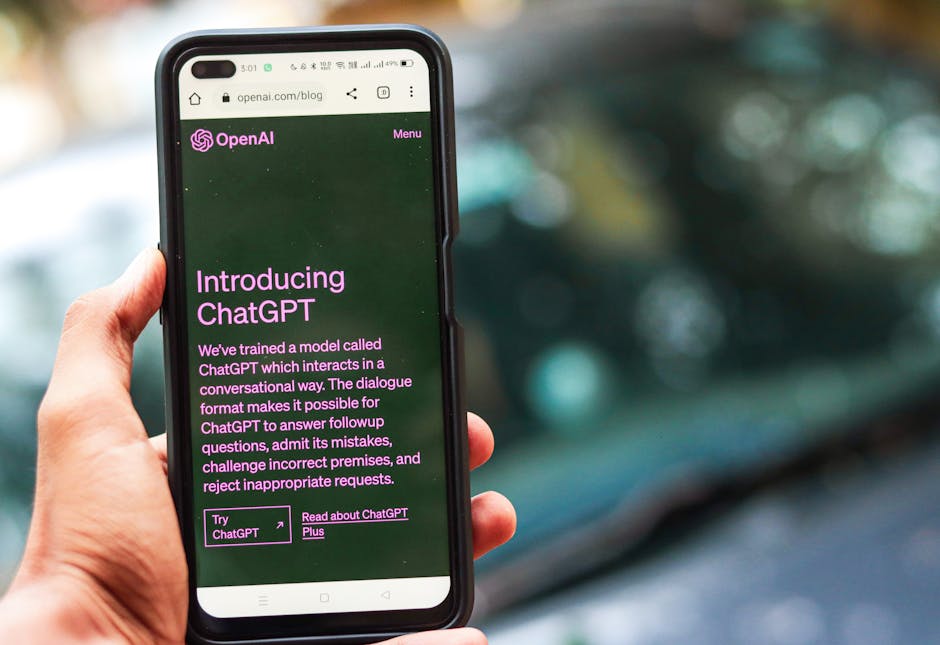
The Future of Artificial Intelligence: Personalized Virtual Assistants
The Future of Artificial Intelligence: Personalized Virtual Assistants
In 2025, one of the most exciting and transformative technologies that is shaping the way we interact with the world is artificial intelligence (AI). While AI has been around for decades, recent advancements in machine learning and deep learning algorithms have propelled AI to new heights, making it a cornerstone in various industries such as healthcare, finance, and entertainment.
One of the most promising applications of AI in 2025 is the development of personalized virtual assistants. These virtual assistants are not like the Siri or Alexa of today, which are primarily used for simple tasks like setting reminders or playing music. Instead, they are intelligent systems that can understand natural language, learn user preferences, and proactively assist users in a variety of tasks tailored to their individual needs.
Imagine waking up in the morning and having your virtual assistant greet you with a personalized schedule for the day based on your priorities and preferences. It could remind you of important meetings, suggest healthy recipes for breakfast based on your dietary restrictions, and even order groceries for you based on your usual shopping habits. As you go about your day, your virtual assistant could provide real-time updates on traffic conditions, suggest alternative routes, and remind you to take breaks to prevent burnout.
The key to the success of personalized virtual assistants lies in their ability to understand context and anticipate user needs. By analyzing data from various sources such as calendar events, emails, and previous interactions, these virtual assistants can provide more relevant and timely assistance to users. For example, if you have an upcoming presentation, your virtual assistant could provide you with a list of relevant articles to help you prepare, suggest presentation templates, and even coach you on public speaking techniques.
In addition to personal productivity, personalized virtual assistants also have the potential to revolutionize customer service and support. Companies can leverage AI-powered virtual assistants to provide personalized recommendations, answer customer queries in real-time, and even predict customer issues before they arise. This not only improves customer satisfaction but also reduces the workload on human customer service representatives, allowing them to focus on more complex issues that require human intervention.
Of course, with great power comes great responsibility. As we rely more on AI for everyday tasks, it is crucial to ensure that these systems are ethical, transparent, and respect user privacy. Companies developing personalized virtual assistants must prioritize data security and privacy protection to build trust with users and prevent potential misuse of personal information.
Overall, the future of artificial intelligence in 2025 is promising, especially in the realm of personalized virtual assistants. By harnessing the power of AI to understand and anticipate user needs, these virtual assistants have the potential to revolutionize the way we live, work, and interact with technology. As we continue to push the boundaries of AI innovation, the possibilities are endless, and the future looks brighter than ever.
0 Likes

